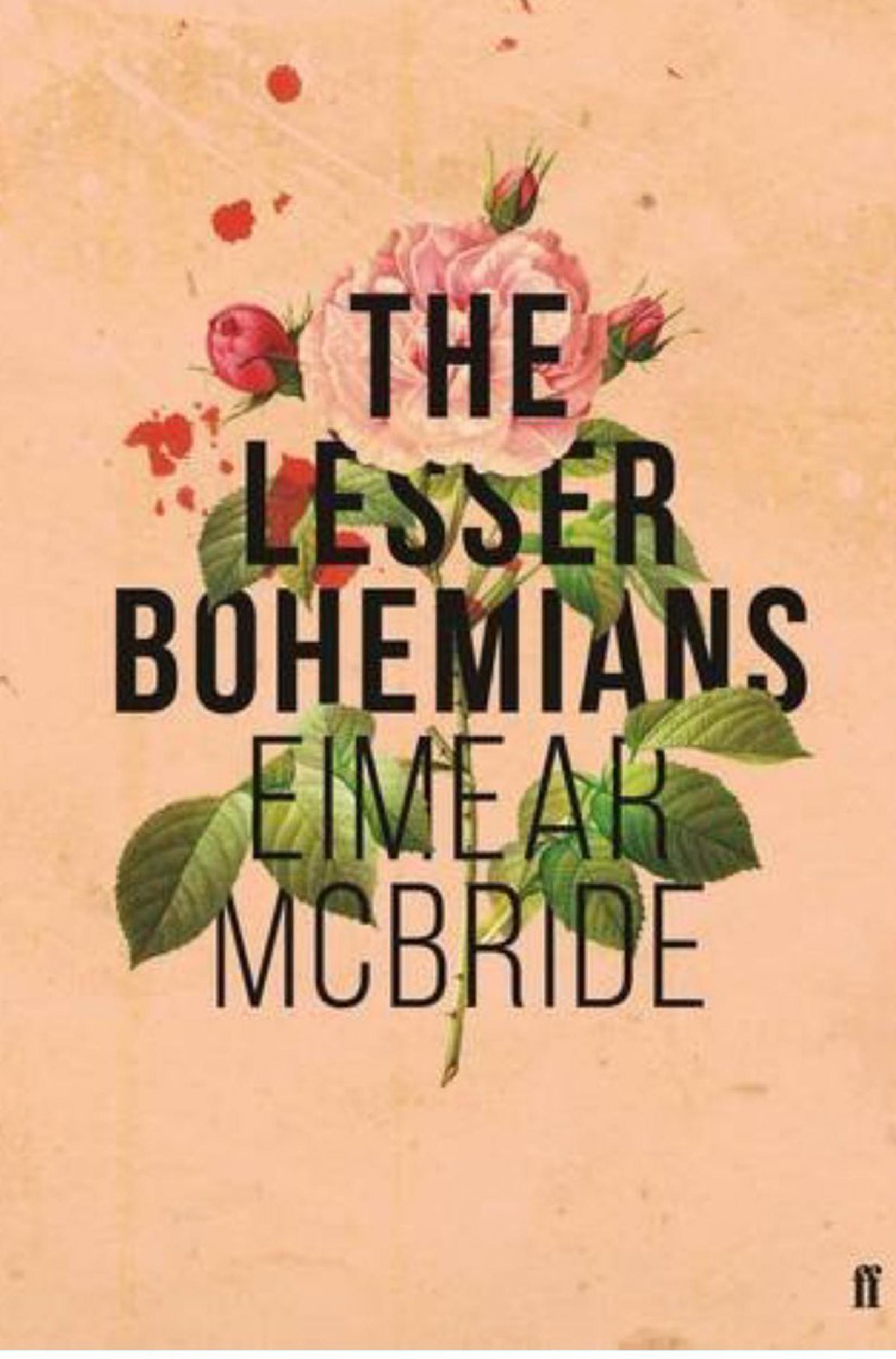Your support helps us to tell the story
From reproductive rights to climate change to Big Tech, The Independent is on the ground when the story is developing. Whether it's investigating the financials of Elon Musk's pro-Trump PAC or producing our latest documentary, 'The A Word', which shines a light on the American women fighting for reproductive rights, we know how important it is to parse out the facts from the messaging.
At such a critical moment in US history, we need reporters on the ground. Your donation allows us to keep sending journalists to speak to both sides of the story.
The Independent is trusted by Americans across the entire political spectrum. And unlike many other quality news outlets, we choose not to lock Americans out of our reporting and analysis with paywalls. We believe quality journalism should be available to everyone, paid for by those who can afford it.
Your support makes all the difference.After the phenomenal success of her debut, A Girl is a Half-Formed Thing (2013), Eimear McBride’s new novel is less the literary equivalent of a tricky second album and more like a game of two halves. I cannot recall having such diametrically opposed feelings about the different parts of one novel as I do in the case of The Lesser Bohemians.
In 1994, 18-year-old Eilis arrives in London from Ireland to study drama. Her Camden Town, with its bedsit-dwelling actors, is more Withnail and I than Parklife and the lack of obvious period signifiers is one of the novel’s subtle strengths. McBride writes in a stream of consciousness style that’s as accessible as it is startling. It can make the world new at the same time as evoking its timeless fundamentals. “In the metal clang night talking films we walk,” writes McBride, as Eilis and Stephen, a handsome professional actor 20 years her senior, roll home from the pub.
McBride immerses the reader in Eilis’s head and captures the exhilaration and self-doubt of first love: “And I wish that I was someone else, a girl with words behind her face, not this one done up like a stone in herself.” Stephen has a mysterious past and an estranged daughter and Eilis is attuned to his anguish: “I’ve never seen anyone get drunk this hard, like hammering nails down into his head.”
Eilis has suffered too, as we learn when she visits her mother in Ireland and later when she does the “Emotion Memory” exercise in a drama class, but there’s little room to explore this because the novel’s second-half is dominated by Stephen.
“And so the long night begins,” writes McBride at the start of a 60-odd page monologue of abuse, addiction and betrayal, which Stephen narrates with a combination of melodrama and platitudes that makes him sound like he’s auditioning for a part in a soap opera. “Once you’ve kicked all the trust out of somebody you can’t ever get that back,” he says of his ex, Marianne, who’s taken their daughter Grace to live in Canada.
When the novel re-immerses us in Eilis’s perspective, there are memorable scenes, including a disturbing one when Eilis betrays Stephen with a stranger who burns her with his cigarette. But it’s hard to exaggerate the capsizing effect that Stephen’s monologue has on the whole novel. And worse is yet to come when Marianne arrives for a charged summit and announces that Stephen must be part of Grace’s life after all.
Is McBride’s point that Stephen is a narcissist who’s oblivious to Eilis’s needs? In her first year at college, when she might otherwise be examining her own experiences, she’s swamped by his problems. It’s an interesting idea that’s handled clumsily. “I’ve only now realised there’s not one thing I’ve managed to accomplish in my life with dignity,” says Stephen. What kind of 39-year-old man says this to an 18-year-old woman? One from whom she should get as far away as possible.
Faber & Faber, £16.99

Join our commenting forum
Join thought-provoking conversations, follow other Independent readers and see their replies
Comments